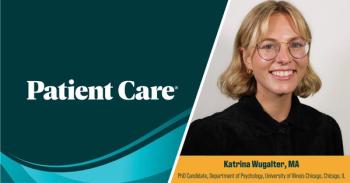
TMS 2025: Katrina Wugalter, MA, explains why treating vasomotor symptoms may be key to improving cognitive function during menopause.

TMS 2025: Katrina Wugalter, MA, explains why treating vasomotor symptoms may be key to improving cognitive function during menopause.
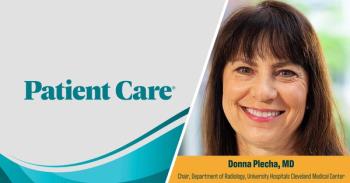
TMS 2025: Donna Plecha, MD, an expert in breast imaging, discusses essential breast cancer screening recommendations for primary care physicians.

New research presented at TMS 2025 suggests menopause stage does not accelerate brain volume loss—age does. Study author discusses clinical implications for PCPs.
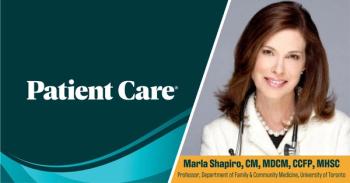
TMS 2025. University of Toronto professor Dr Marla Shapiro explains why perimenopause is unpredictable, including age of onset, duration, and symptoms.

A family medicine physician shares a case of massive PE presenting as syncope and explains the history questions that prevent missed DVT diagnoses in primary care.

FMX 2025 highlights for primary care include expert insights on vaccine confidence, chronic cough management, and vascular disease prevention.

Highlights include size-based surveillance protocols, referral timing, cardiovascular risk reduction, and coordination with vascular surgery.
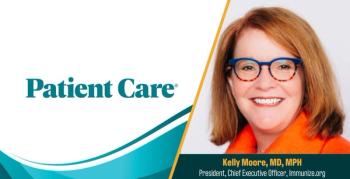
Shared decision-making for COVID-19 vaccines will widen disparities, said Moore, as those already skeptical or with limited access will likely opt out.
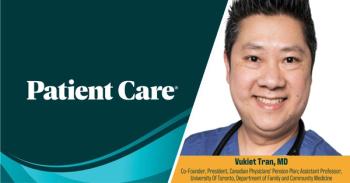
Step-by-step treatment protocol for upper airway cough syndrome including nasal steroids, antihistamines, and proper administration technique.

Emergency medicine physician Kabiul Haque, MD, discusses USPSTF screening guidelines for abdominal aortic aneurysm.

Kabiul Haque, MD, a family medicine physician, shares his four-pillar approach to preventing PAD progression.

From dense breast notification laws to changing lung and cervical screening criteria, experts share practical strategies to help navigate today’s evolving cancer prevention landscape.

Vega considers the impact of recent changes in immunization policy on trust not just among patients but among clinicians as well. It all threatens good patient care, he said.
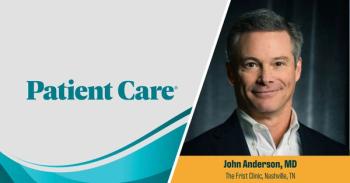
Time in range, glucose variability, and postprandial spikes: Anderson highlights how CGM insights translate quickly into targeted treatment decisions.

The Frist Clinic clinician said that technical difficulty is not impeding CGM uptake in primary care. "The real limitation is they just haven't done it before."

A family medicine physician details how to differentiate upper airway cough syndrome from asthma and GERD using clinical history and associated symptoms.
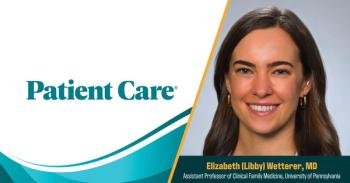
Post-Dobbs data reveal medication abortion now represents nearly two-thirds of all US abortions. Wetterer reviews trends and implications.

Upper airway cough syndrome is the main cause of chronic cough. A family medicine physician shares the clinical red flags that should make you suspect UACS in your primary care patients.

John E Anderson, MD, discusses why primary care lags in CGM adoption despite proven benefits, stressing that it's largely a lack of familiarity and that's easily overcome.

FMX 2025: A family medicine clinician discusses the clinical significance of acute, subacute, and chronic cough timeframes and their differential diagnoses.

Moore describes the ACIP's shared decision making approach to COVID-19 vaccination as a "passive recommendation" that will surely exclude at-risk US populations.

Public health expert Kelly Moore, MD, MPH, president and CEO of immunize.org, says the news is good for now, but the uninsured could be at future risk.

Public health officials across states and regions are "thinking on their feet" about how best to protect public health given the upheavel in federal vaccine policy, Moore said.
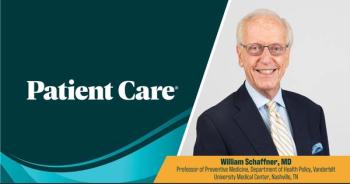
"The foundation of science in the new iteration of the ACIP is uncertain at best," William Schaffner, MD, observed. He is concerned about where that might lead.
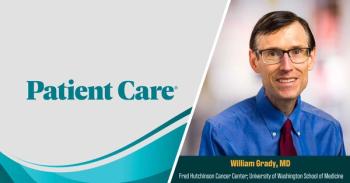
William Grady, MD, highlights the convenience and compliance of blood-based tests compared to colonoscopy and stool-based tests for colorectal cancer screening.

Moore, a past voting member of the ACIP, is unsure how the CDC will respond to adding "speculative concerns" to a piece of information given to every person who recieves a vaccine.

William Grady, MD, talks about the latest research in colorectal cancer, including treatments targeting senescent cells that contribute to tumor formation.

Moore, president and CEO of immunize.org, has deep roots in public health and advocacy, vaccine program implementation, and immunization education.
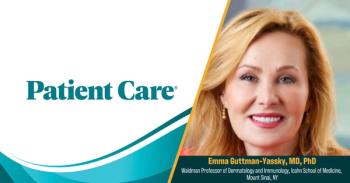
OX40/OX40L inhibitors such as rocatinlimab may require a little longer to "kick in," Guttman-Yassky says, but the durable clearance will be worth a short wait.

Michael Crotty, MD, an expert in obesity medicine, discusses GLP-1RAs in the context of weight loss, including the novel dual agonist survodutide.